In today’s rapidly evolving industrial landscape, navigating industry regulations is crucial for ensuring compliance and maintaining operational efficiency. From safety standards to environmental regulations, businesses must stay informed and proactive in adhering to best practices for equipment usage. We’ll explore key regulations impacting the industrial sector and provide insights into compliance strategies and best practices.
Navigating Industry Regulations for Industrial Equipment Usage
Exploring Industry Regulations:
The industrial sector is subject to a wide range of regulations governing equipment usage, safety protocols, environmental standards, and more. From OSHA (Occupational Safety and Health Administration) requirements to EPA (Environmental Protection Agency) guidelines, businesses must understand and comply with relevant regulations to avoid penalties, mitigate risks, and uphold their social and corporate responsibilities.
Safety Standards:
Ensuring workplace safety is paramount in the industrial sector, and adherence to safety standards is essential for protecting employees, minimizing accidents, and maintaining productivity. From proper equipment maintenance to employee training programs, businesses must implement comprehensive safety protocols to prevent injuries and create a culture of safety in the workplace.
Environmental Regulations:
With increasing focus on sustainability and environmental stewardship, businesses are facing heightened scrutiny and regulatory requirements related to environmental impact. From emissions standards to waste management practices, businesses must adopt environmentally responsible practices and invest in eco-friendly equipment solutions to minimize their carbon footprint and mitigate environmental risks.
Compliance Strategies:
Achieving compliance with industry regulations requires a proactive approach and ongoing commitment to continuous improvement. By conducting regular audits, staying updated on regulatory changes, and investing in training and education initiatives, businesses can ensure compliance with applicable standards and regulations while fostering a culture of compliance throughout the organization.
Best Practices for Equipment Usage:
In addition to regulatory compliance, businesses can optimize equipment usage and maximize operational efficiency by implementing best practices. From routine maintenance and inspection procedures to equipment calibration and performance monitoring, businesses can extend the lifespan of their equipment, minimize downtime, and enhance productivity through proactive maintenance strategies and optimization techniques.
Conclusion:
In today’s complex regulatory landscape, staying ahead of industry regulations is essential for businesses seeking to maintain compliance, mitigate risks, and achieve sustainable growth. By understanding key regulations impacting equipment usage, implementing compliance strategies, and embracing best practices, businesses can navigate regulatory challenges with confidence and ensure the continued success of their operations in the industrial sector.

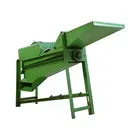
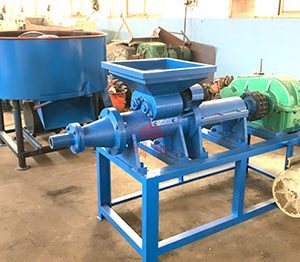
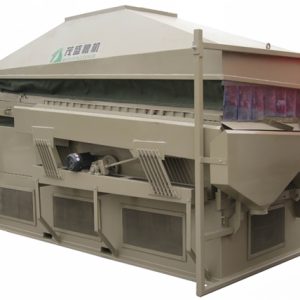
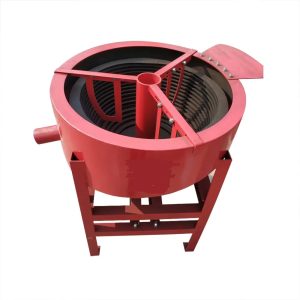





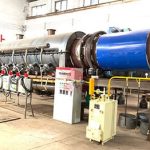
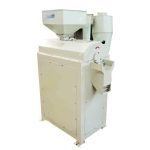
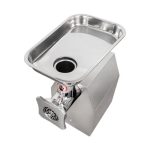


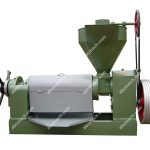

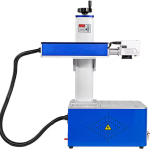
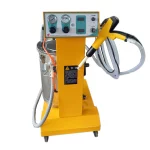


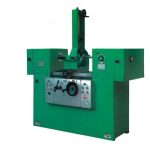
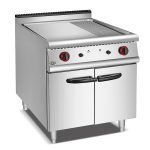


0 Comments